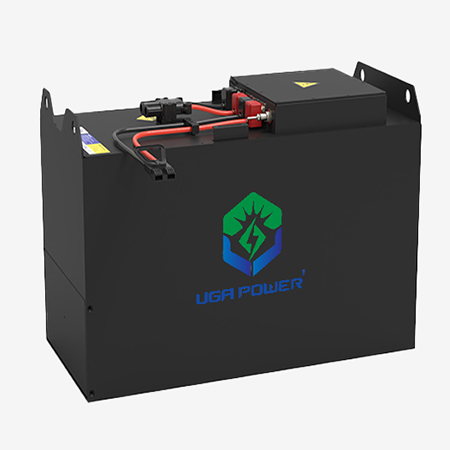
Batteries are an integral part of our everyday lives, powering everything from household gadgets to vehicles. While regular batteries can be found in many consumer electronics, industrial batteries are designed for much larger and more demanding applications. These batteries are crucial for systems that require constant, reliable energy output over long periods, often in extreme conditions. In this article, we will explore the key differences between industrial batteries and regular batteries, as well as the various applications and specific types of industrial batteries used in different industries.
What are Industrial Batteries?
Industrial batteries are specialized power storage systems designed to meet the rigorous demands of various industries. They are used in a wide range of applications, from solar systems and telecom infrastructure to data centers and motive vehicles. Unlike regular batteries, which are primarily used for short-term power supply, industrial batteries provide long-lasting energy for systems that require high power output and continuous operation.
Regular Batteries vs. Industrial Batteries
Power Capacity
One of the most significant differences between industrial batteries and regular batteries is their power capacity. Industrial batteries are designed to deliver much higher energy output. For example, a standard AA battery used in a household device typically provides about 1.5 volts of energy, with limited capacity for energy storage. In contrast, industrial batteries can store and deliver several hundred or even thousands of ampere-hours (Ah), allowing them to power large systems and machines for extended periods.
Durability and Lifespan
The durability and lifespan of a battery are critical factors in industrial applications. Regular consumer batteries, such as alkaline batteries, typically last for a few hours or days depending on usage. Industrial batteries, on the other hand, are engineered to last for years, often under harsh environmental conditions. For instance, AGM, GEL, OPzV, and OPzS lead-acid batteries used in energy storage systems and solar systems can last up to 10-20 years with proper maintenance.
Charging and Discharging
While regular batteries typically require a straightforward charging cycle, industrial batteries are designed to withstand frequent and deep charging and discharging cycles. This is essential in industrial settings where batteries must power systems continuously, such as backup power for data centers or off-grid solar systems. The design of industrial batteries allows for faster recharge times and the ability to handle deep discharges without compromising their performance.
Applications of Industrial Batteries
The applications of industrial batteries are vast and varied, with many industries relying on them to ensure reliable power in critical operations. Here are a few of the key sectors that benefit from industrial batteries:
1. Energy Storage and Solar Systems
In recent years, renewable energy systems like solar power have become increasingly popular. Solar panels generate power during the day, but energy storage is necessary for using that power at night or during periods of low sunlight. Industrial batteries like Deep Cycle lead-acid or Lithium batteries play a vital role in solar systems, providing the energy storage needed to ensure reliable power during off-sunlight hours.
SUZHOU FOBERRIA NEW ENERGY TECHNOLOGY CO,.LTD, a professional provider of lead-acid and lithium battery solutions, specializes in AGM, GEL, OPzV, OPzS, and other industrial battery types that are ideal for energy storage in solar systems. These batteries are designed to store energy efficiently and release it when required, ensuring an uninterrupted power supply.
2. Telecom
The telecom industry relies heavily on industrial batteries for backup power. Telecom towers and data transmission equipment are critical infrastructure that requires 24/7 power. Industrial batteries, particularly AGM and GEL types, provide the necessary energy backup to ensure that telecom operations are not interrupted by power outages. These batteries are often used in uninterruptible power supplies (UPS) to provide seamless power during electrical disruptions.
3. Data Centers
Data centers house servers and other critical infrastructure that require constant power. A disruption in power supply can result in significant data loss and downtime. Industrial batteries play a key role in ensuring uninterrupted power to data centers. Batteries like PZS and PZB are used to back up power systems, providing emergency energy when the main power source fails. These batteries must be highly reliable, with long lifespans and the ability to handle frequent charge-discharge cycles.
4. Motive Vehicles
Industrial batteries are also used in motive vehicles, such as forklifts, electric trucks, and even electric buses. These vehicles rely on industrial batteries that can withstand heavy usage, provide long operational hours, and be charged and discharged repeatedly. Deep Cycle batteries are commonly used in such applications because of their ability to discharge to a greater extent than regular batteries without causing damage.
Types of Industrial Batteries
Several different types of industrial batteries are available, each designed for specific applications. Here are some of the most commonly used types:
1. AGM Batteries
Absorbent Glass Mat (AGM) batteries are a type of lead-acid battery that is often used in UPS systems, solar systems, and telecom applications. They offer high performance, long lifespan, and a high charge retention rate, making them ideal for industrial use.
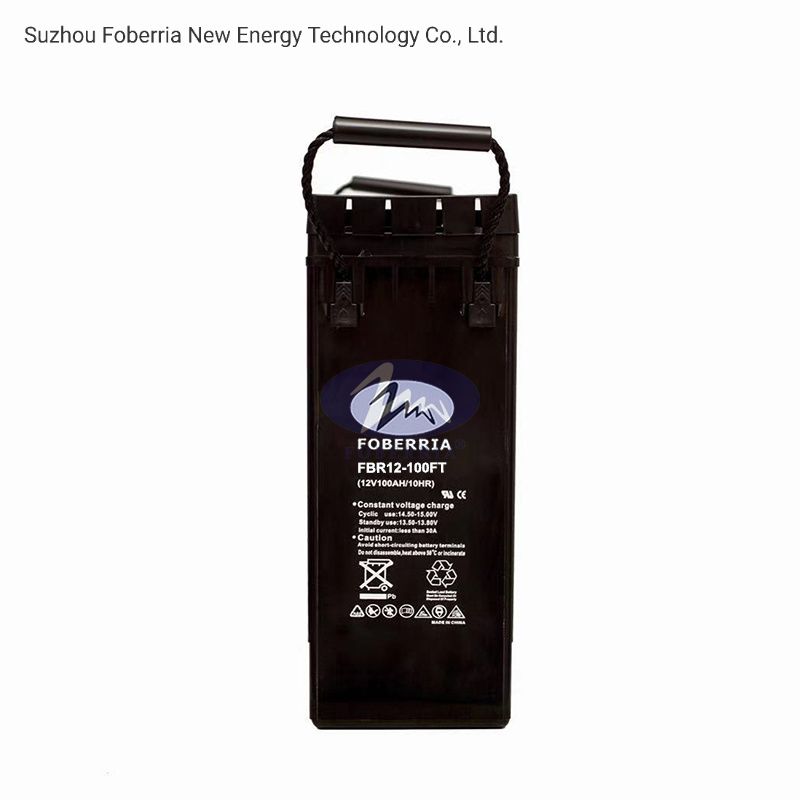
2. GEL Batteries
GEL batteries are another type of lead-acid battery but use a gel electrolyte instead of a liquid one. These batteries are particularly well-suited for deep-cycle applications like solar systems and data centers, as they can be discharged more deeply than traditional lead-acid batteries.
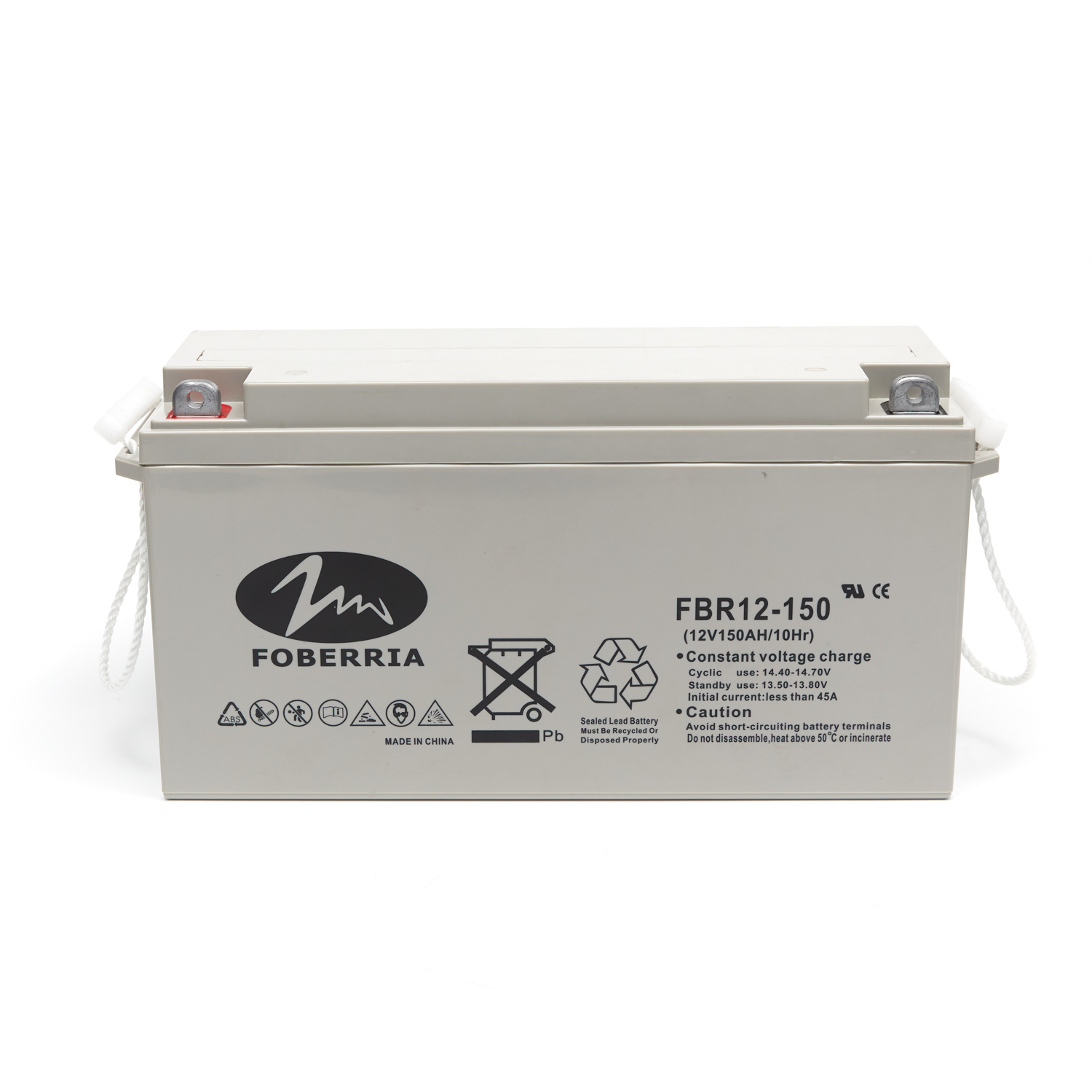
3. Lithium Batteries
Lithium batteries are increasingly used in industrial applications due to their light weight, high energy density, and long lifespan. They are used in a variety of applications, including solar systems, motive vehicles, and telecom backup power systems. These batteries can handle frequent charge-discharge cycles without degrading quickly.
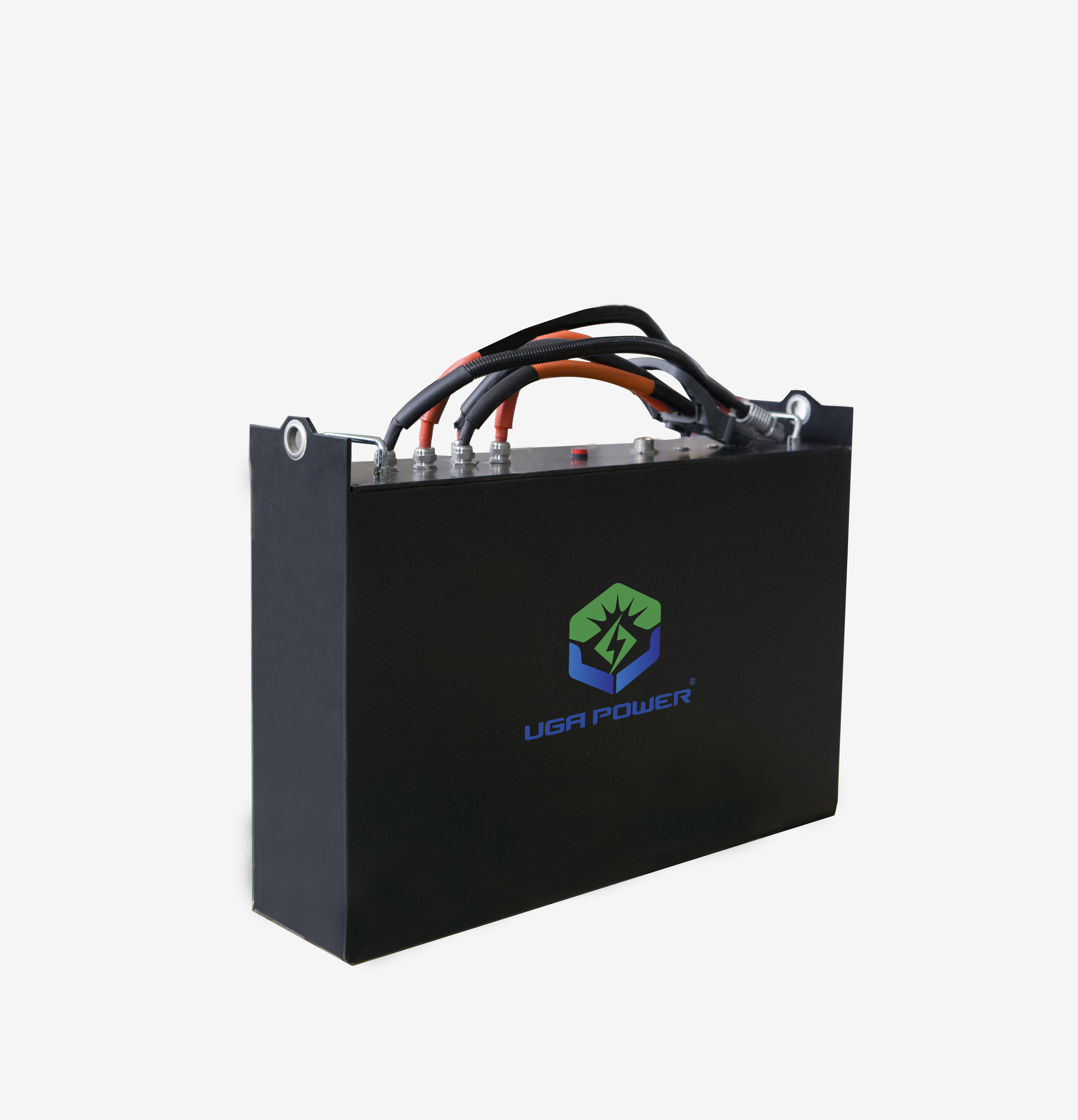
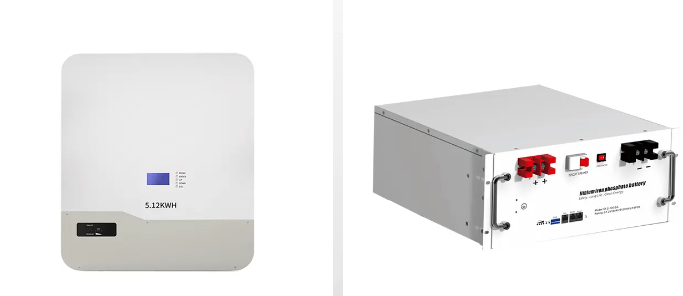
4. OPzV and OPzS Batteries
OPzV and OPzS are specialized types of industrial batteries designed for long-life applications. They are commonly used in solar systems and data centers because of their high reliability, long lifespan, and ability to perform in extreme conditions. OPzV batteries are typically used in applications where space is limited, while OPzS batteries are more commonly used in larger setups.
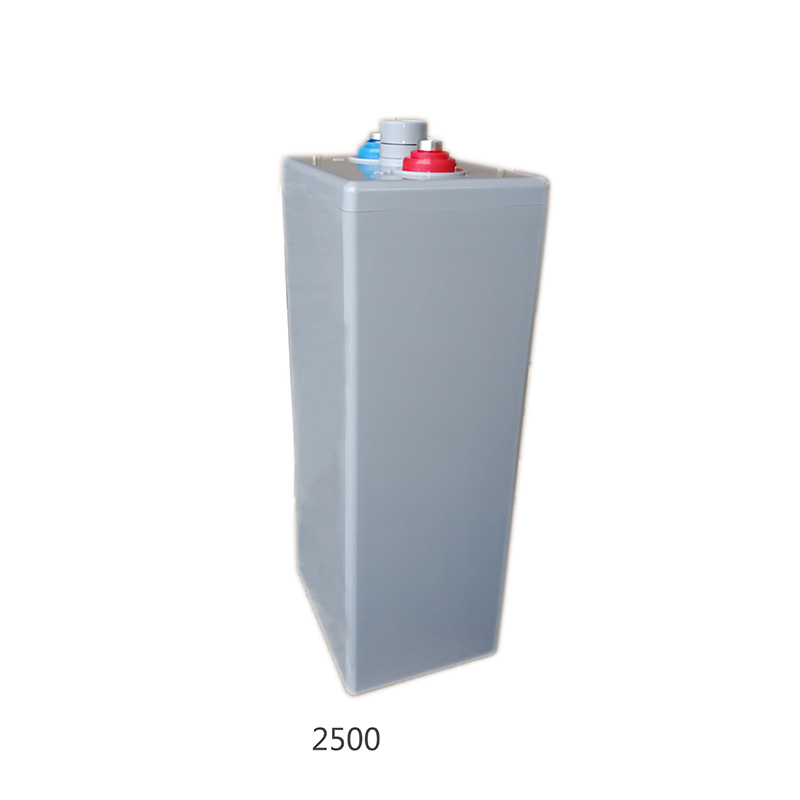

Key Benefits of Industrial Batteries
1. Longevity
One of the key benefits of industrial batteries is their long lifespan. Batteries used in solar systems, data centers, and telecom infrastructure are expected to last for several years, reducing the need for frequent replacements and ensuring continuous operation.
2. Reliability
Industrial batteries are designed to provide reliable power in mission-critical applications. Whether powering a telecom tower or a solar system, these batteries ensure that the system continues to operate even during power outages or fluctuations.
3. Versatility
Industrial batteries come in various sizes and chemistries, allowing them to be customized for specific applications. Whether you need high-energy output for motive vehicles or long-term storage for solar systems, there is an industrial battery type that meets the requirement.
Conclusion
The differences between industrial batteries and regular batteries are significant, with industrial batteries offering higher capacity, durability, and performance. Whether powering solar systems, telecom infrastructure, data centers, or motive vehicles, industrial batteries are designed to provide reliable, long-term power. Companies like SUZHOU FOBERRIA NEW ENERGY TECHNOLOGY CO., LTD, which specializes in lead-acid and lithium battery solutions, are at the forefront of providing high-performance batteries for industrial applications, ensuring that customers have access to the most advanced power solutions.
With advancements in battery technology, the future of industrial batteries looks promising, with innovations in energy storage systems and battery chemistries making them even more efficient and versatile. For industries requiring consistent and reliable power, industrial batteries are the backbone of modern energy systems, providing uninterrupted service across various sectors.


















